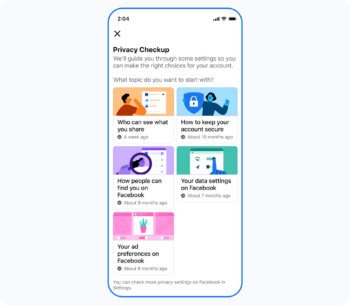
Letter: Don’t let Internet scams sour your Summer | Pelican Post

As summer heats up, so do the efforts of online scammers looking to exploit vacationers, shoppers, and social media users. From fake travel deals to fraudulent investment opportunities, internet scams are becoming more sophisticated.
Scammers often capitalize on seasonal trends. During the holidays, they promise fake gift boxes or deep discounts on decorations. In the summer, they pivot to travel deals, festival tickets, and outdoor gear. These scams frequently appear on social media platforms, where they mimic legitimate brands to lure victims.
One common tactic is the “advance payment” scam, where fraudsters ask for money upfront for a product or service that never arrives. Another is the “overpayment” trick, where scammers send fake receipts and request a refund, only to disappear with both the original and refunded amounts.
Behind many of these schemes are organized crime networks operating scam centers across the world. These groups use sophisticated tactics to target victims.
Here are seven tips to help you spot online scams and stay safe online:
-
Enable two-factor authentication
-
Turning on two-factor identification helps protect your account from hackers and keeps you safer from scammers.
-
Use the “selfie verification” tool
-
If you are ever locked out of your account, this will make sure you are the only one who will be able to regain access.
-
Be wary of fake government websites
-
Always double-check scam websites that mimic government pages intended to steal personal data or payments.
-
Verify the source of unbelievable deals
-
While we all love deals, scammers create unbelievable deals to make you quickly purchase the item and trick you into stealing your money.
-
Look out for fake celebrity ads
-
Scammers use celebrity images to deceive you into clicking on suspicious links that steal your personal information.
-
Watch out for romance scams that use fake profiles
-
Scammers sometimes create fake identities to build trust, but never send money or personal information to anyone you haven’t met.
-
Watch out for retail scams
-
Scammers can also impersonate trusted businesses to take your personal information. Always check messages for typos, fake brands, or crazy deals.
This summer, stay cool—and stay cautious. Don’t let scammers ruin your plans.
Amy Wilson, a Tulane graduate and mother of three, writes about parenting, families and life in general
Comments

